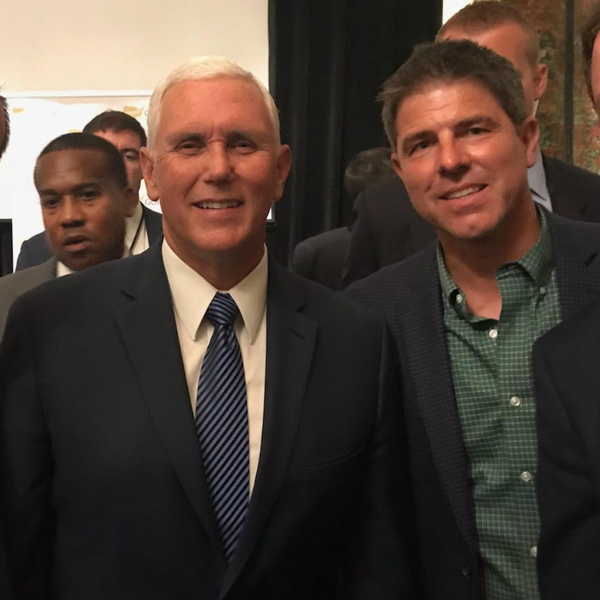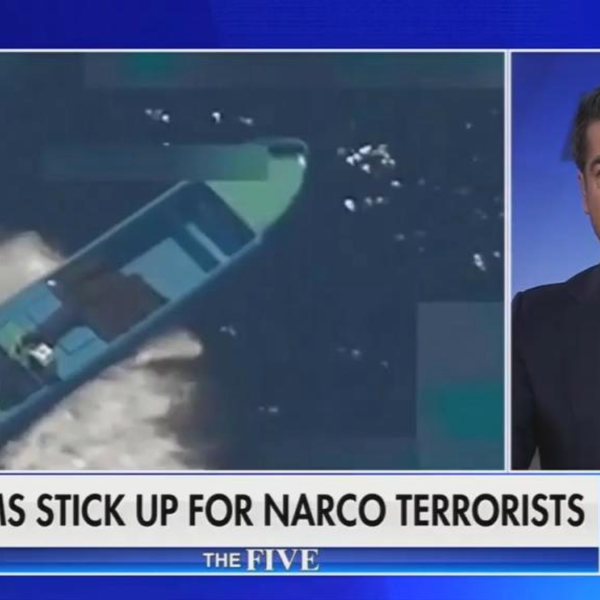Now, let’s mark the anniversary of something that happened AFTER 9/11.
On 9/12, as a shaken nation reeled, an old soldier gave a pep talk. Do not let this change you, warned Secretary of State Colin Powell. Do not cower or walk around terrified. “We’re Americans,” he said. “We don’t walk around terrified.”
It was bracing medicine, designed to stiffen watery spines and lift downcast eyes. In that, it was like Franklin Roosevelt’s 1933 first inaugural address to a nation mired in economic ruin. “Let me assert my firm belief,” he said, “that the only thing we have to fear is fear itself, nameless, unreasoning, unjustified terror…”
Nine years later, after the attack on Pearl Harbor, Roosevelt gave in to a nameless, unreasoning, unjustified terror of some of his own citizens and authorized the internment of Japanese-Americans whose only crime was being Japanese-American. It is a blot on our national honor that neatly sums up the contradictions in what he said 78 years ago and Powell echoed a decade back.
Yes, the physical bravery of Americans is incontestable, as proven on battlefields from Concord, Mass., to Peleliu Island in the South Pacific to the Meuse-Argonne region of France to Paktya Province in Afghanistan.
Similarly, Americans have always found courage to conquer the trials of national life, from Dust Bowl privation to presidential assassination to the bombing of children in church to the explosion of a spaceship arcing toward heaven.
But when it comes to finding courage to simply be Americans, to venerate the values upon which we were founded, the things we say we believe, we have too often been conspicuous by our cowardice, our spineless eagerness to throw sacred principle aside as a sop to expedience and fear. Or, as Assistant Secretary of War John McCloy said days before Roosevelt issued his order, “If it is a question of the safety of the country (and) the Constitution … why the Constitution is just a scrap of paper to me.”
In times of danger or fear, we seem to feel it OK to curtail the freedoms — of religion, association, speech — codified in that “scrap of paper.” We never seem to get that it is precisely in such times that those freedoms are most important and most in need of defense.
So everything that has happened since Powell spoke — the curtailment of civil liberties, the domestic surveillance, the demonizing of all things Muslim — is troubling, but predictable to any student of American history.
In his new book, “Manufacturing Hysteria,” author Jay Feldman traces the depressing line from a German-American being lynched during the First World War to the murders of Arabs after 9/11.
Along the way, union leaders, alleged communists, Mexicans, gays, peace activists and African-Americans all take their turns in the barrel, all get brutalized, detained, fired, illegally searched or killed outright because they, we are told, are the people we should fear. As a nation, we seem to need that, seem to need a people to fear. But fear interdicts intelligence.
It is almost impossible to reason and fear at the same time.
We ought to know this. Our history should have taught us. But we are, it seems, resistant to learning. And 10 years after 9/11 one thing now seems obvious.
Colin Powell was wrong.
(Leonard Pitts is a columnist for the Miami Herald, 1 Herald Plaza, Miami, Fla., 33132. Readers may contact him via e-mail at lpitts@miamiherald.com.)








